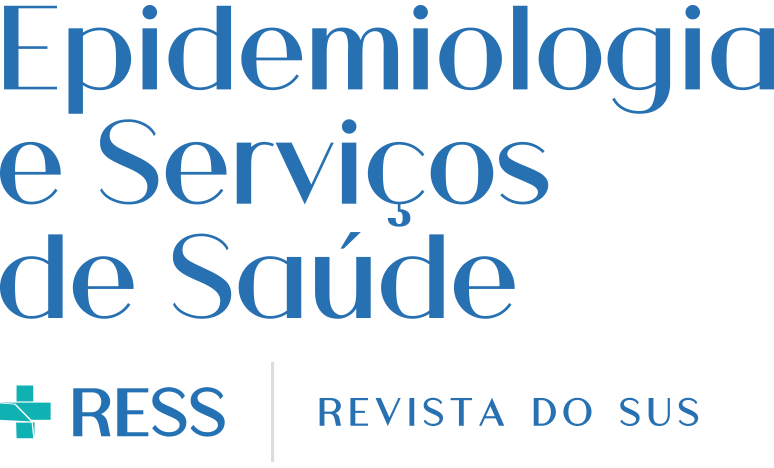Abstract
The Drinking Water Quality Surveillance Information System (SISAGUA) is an instrument used in Brazil to record forms of water supply and water quality monitoring data recommended by the potable water standard. This information is used in the management of health risks associated with water supply in the country and supports the surveillance of drinking water quality, the structuring of public policies in the area of environmental health and sanitation, the prevention of waterborne diseases, and the characterization of the quality of water consumed by the Brazilian population. This article describes the history of SISAGUA and presents the main features of its current version (SISAGUA 4) regarding data collection and processing, variables, uses and accesses, data coverage and quality, as well as the system’s applicability, limitations and challenges.
Keywords:
Drinking Water; Information Systems; Public Health Surveillance; Environmental Health; Brazilian National Health System

 Thumbnail
Thumbnail
 Thumbnail
Thumbnail
 Thumbnail
Thumbnail
 Thumbnail
Thumbnail
 Thumbnail
Thumbnail
 Thumbnail
Thumbnail
 Thumbnail
Thumbnail
 Thumbnail
Thumbnail
 Thumbnail
Thumbnail
 SISAGUA: Drinking Water Quality Surveillance Information System.Source: Adapted from Ministry of Health (BR). Health Surveillance Secretariat. General Coordination of Environmental Health Surveillance. National Program of Environmental Health Surveillance related to the quality of water for human consumption. Brasília, DF: Ministry of Health; 2005.
SISAGUA: Drinking Water Quality Surveillance Information System.Source: Adapted from Ministry of Health (BR). Health Surveillance Secretariat. General Coordination of Environmental Health Surveillance. National Program of Environmental Health Surveillance related to the quality of water for human consumption. Brasília, DF: Ministry of Health; 2005. SISAGUA: Drinking Water Quality Surveillance Information System.
SISAGUA: Drinking Water Quality Surveillance Information System.
 SISAGUA: Drinking Water Quality Surveillance Information System.
SISAGUA: Drinking Water Quality Surveillance Information System.
 Source: SISAGUA (02/02/2018).SISAGUA: Drinking Water Quality Surveillance Information System.
Source: SISAGUA (02/02/2018).SISAGUA: Drinking Water Quality Surveillance Information System.
 SISAGUA: Drinking Water Quality Surveillance Information System.
SISAGUA: Drinking Water Quality Surveillance Information System.
 SISAGUA: Drinking Water Quality Surveillance Information System.VIGIAGUA: Water Quality Surveillance Program.SESAI: Special Secretariat of Indigenous Health.DSEI: Special Indigenous Health District.
SISAGUA: Drinking Water Quality Surveillance Information System.VIGIAGUA: Water Quality Surveillance Program.SESAI: Special Secretariat of Indigenous Health.DSEI: Special Indigenous Health District.
 Source: SISAGUA 3 (Database closed in April 2014); SISAGUA 4 (system reports retrieved in 02/02/2018).SISAGUA: Drinking Water Quality Surveillance Information System.
Source: SISAGUA 3 (Database closed in April 2014); SISAGUA 4 (system reports retrieved in 02/02/2018).SISAGUA: Drinking Water Quality Surveillance Information System.
 Source: SISAGUA 3 (Database closed in April 2014); SISAGUA 4 (system reports retrieved in 02/02/2018).SISAGUA: Drinking Water Quality Surveillance Information System.
Source: SISAGUA 3 (Database closed in April 2014); SISAGUA 4 (system reports retrieved in 02/02/2018).SISAGUA: Drinking Water Quality Surveillance Information System.
 Source: SISAGUA 3 (Database closed in April 2014); SISAGUA 4 (system reports retrieved in 02/02/2018).SISAGUA: Drinking Water Quality Surveillance Information System.
Source: SISAGUA 3 (Database closed in April 2014); SISAGUA 4 (system reports retrieved in 02/02/2018).SISAGUA: Drinking Water Quality Surveillance Information System.